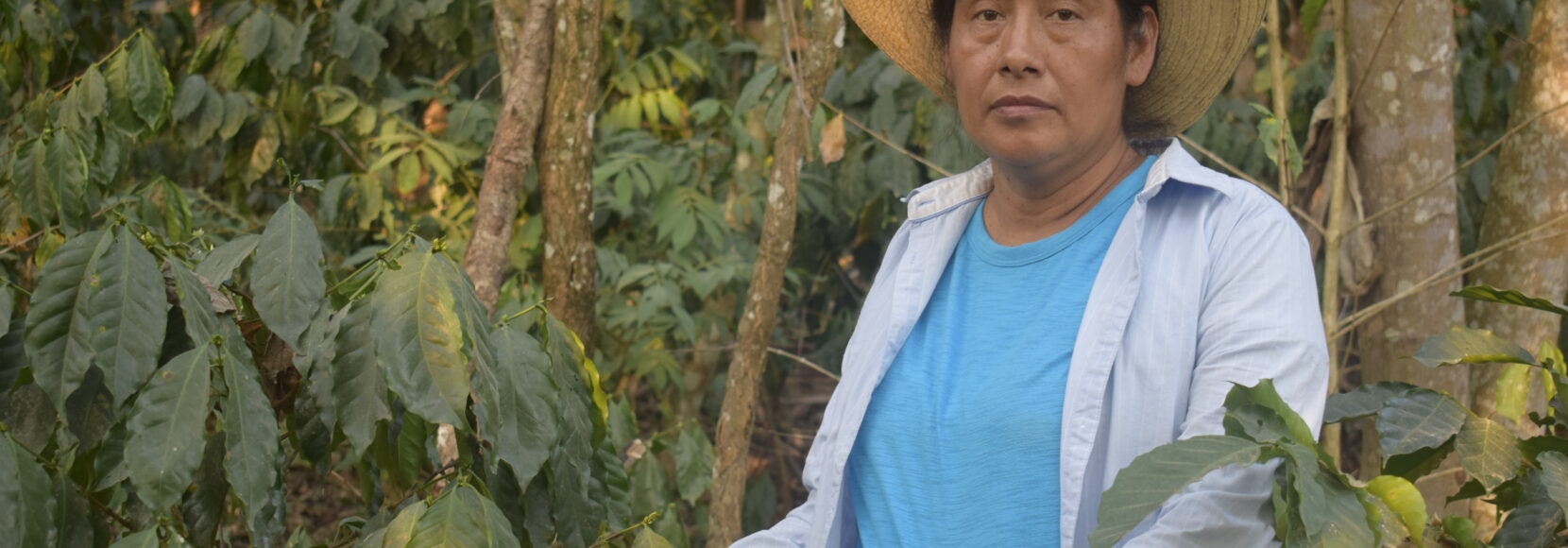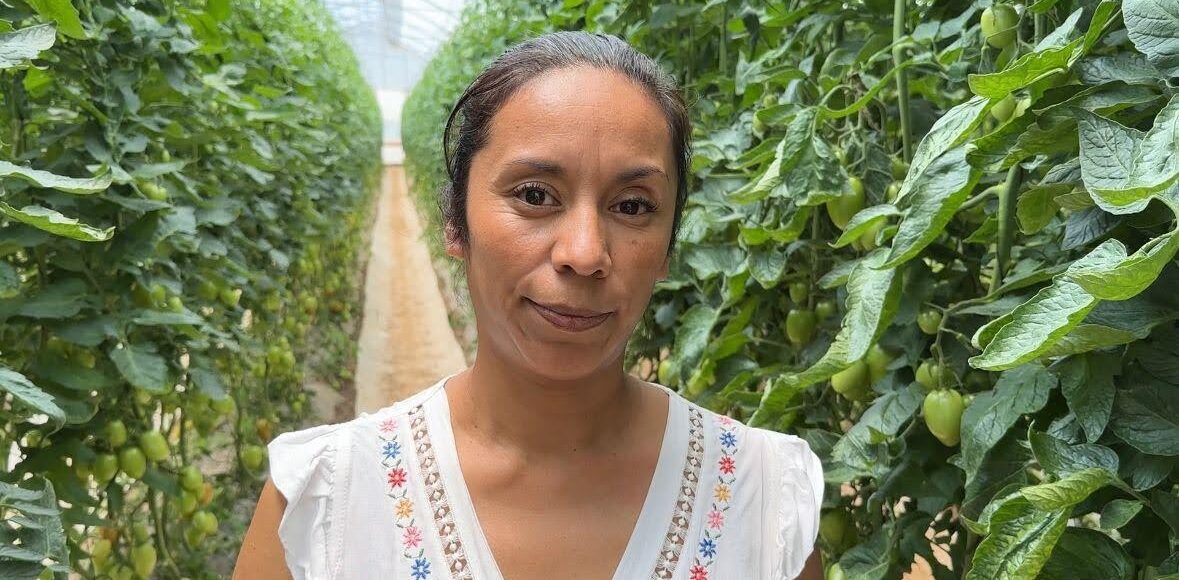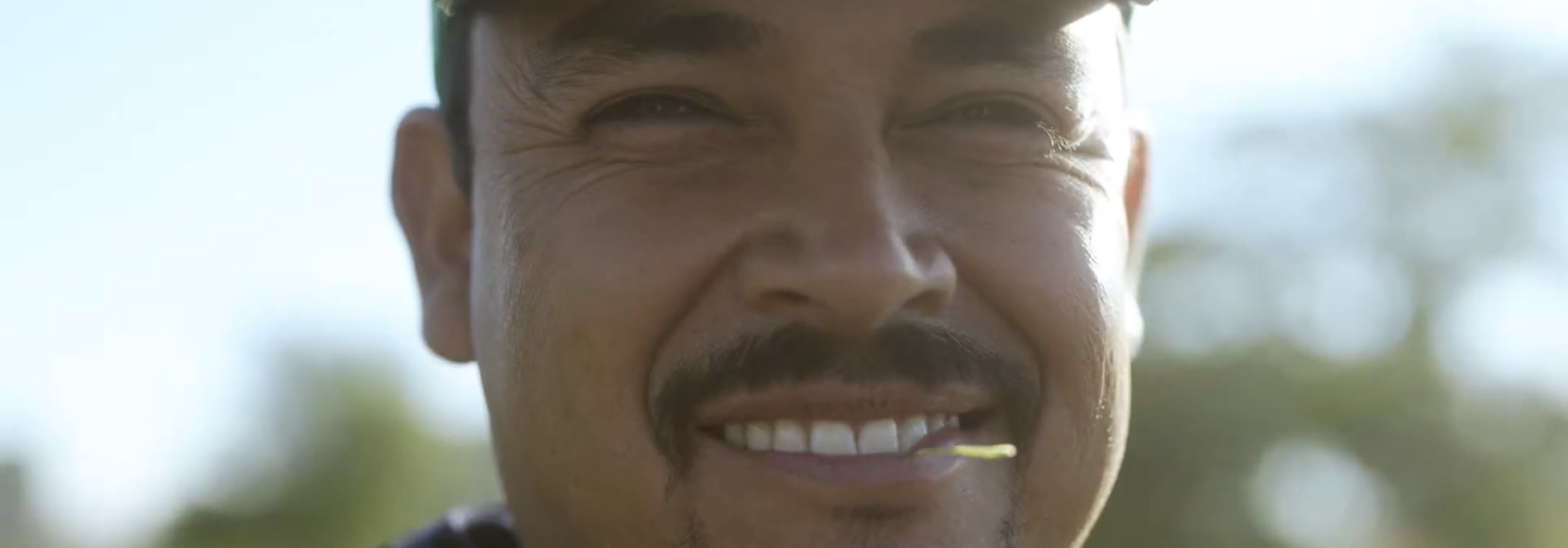
Bridging the Financing Gap for Smallholder Dairy Farmers with Innovative Solutions
This content references the article titled, It Takes Partnership and Innovation to Close the Financing Gap for Small-Scale Farmers, as it exists in the publication Business Fights Poverty.
Empowering Smallholder Dairy Farmers: Innovative Solutions and Financial Support
Smallholder dairy farmers face numerous challenges due to limited opportunities to secure funds that could help them grow and invest in essential assets for boosting their profitability and transition to regenerative business practices. So, how can innovation and partnership step in to bridge this gap?
Understanding Challenges in Dairy Farming
Raising livestock provides livelihoods for rural families throughout Latin America; in fact, the livestock sector now accounts for nearly half the agricultural GDP of the region and is growing 75% faster than the livestock sector globally.
But for Jaime Cortés and his father, Don Jaime, dairy farming in Jalisco, Mexico, could often feel like a difficult challenge. When their main buyer took his business elsewhere in 2014, their family’s farm nearly collapsed. Lacking funds and credit, he struggled to buy enough food for his cows and wondered if his business was even profitable.
Like the Cortés family, many small-scale dairy farmers are struggling economically due to limited access to financing and critical resources like cattle feed, adding livestock, and farm equipment. The financing needs of smallholders globally exceed a staggering USD 200 billion. Unfortunately, without adequate finance, their growth, profitability, and ability to invest in essential assets and regenerative practices are limited. Because small farms are considered risky investments, private lenders are often reticent about offering loans to these producers.
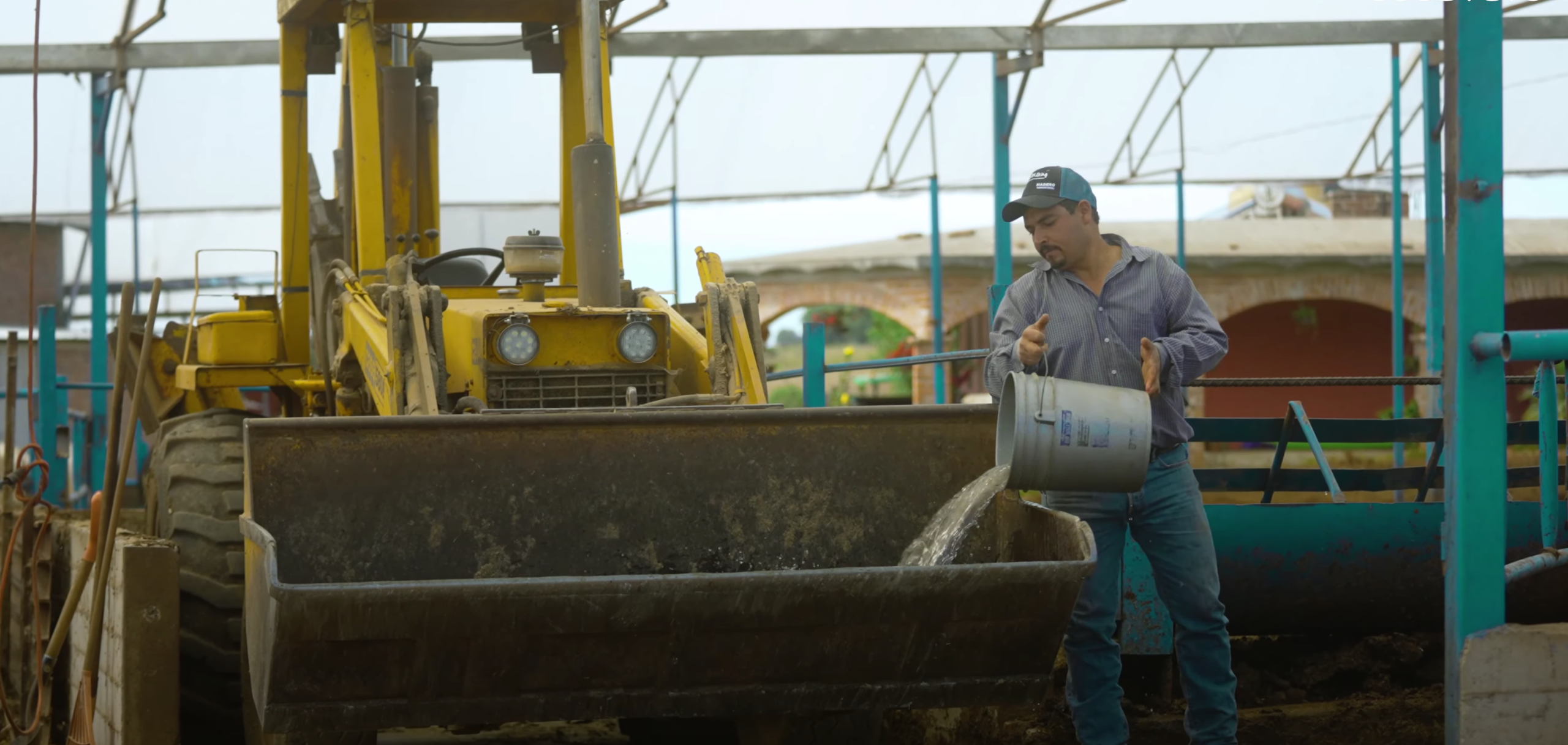
A Partnership Approach: The Margarita Project’s Success
Addressing this challenge requires collaboration between key stakeholders. The Margarita Project, a public-private partnership, illustrates how stakeholders can come together to create a business-centered solution. The program created a loan guarantee trust called a rotating savings and credit association (ROSCA), supported by Danone pour L’Ecosysteme and implemented by TechnoServe, to help small-scale Margarita producers invest in their farms.
This innovative financial mechanism has succeeded at reducing investment risk and making it easier for smallholders to access funding. This has been achieved by bringing together the public, private, and civil-society sectors in an effort to simultaneously improve access to finance and address other critical aspects in the success of a farm, like access to markets and agronomy training.
The ROSCA fund, set up with a grant from Danone Ecosystem, operates by providing guarantees to lenders like banks and input suppliers who are interested in providing credit to farmers, and the Margarita program supports farmers in creating credit files and managing their loans. This helps to reduce the risk to lenders, enabling them to offer more loans and lower interest rates.
To ensure loan repayment, Margarita created a credit collection mechanism where a predetermined amount is deducted from each producer’s sales on a weekly basis by the farmer union or private collection center that receives their milk. This automatic deduction significantly improves the repayment rate, resulting in an exceptionally low default rate. Out of 828 loans obtained with Margarita’s guarantee, only three have been classified as in default. The combination of the financial mechanism, a robust commercial channel, and technical assistance aligned benefits for producers, financial intermediaries, and public and private sectors.
Empowering Farmers Through Financial Inclusion and Regenerative Practices
In addition to facilitating access to finance, the Margarita project has encouraged producers to adopt good production practices and operate formally in legal, tax, and accounting terms. This has allowed them to improve the quality and the price they receive for their milk, access private financing, and participate in public funding programs for agricultural activities. Furthermore, producers who join Margarita have access to the formal financial system and can build a credit history, expanding their possibilities for further financing both within and outside the dairy business.
Moreover, not only does Margarita provide access to capital through the ROSCA fund, but it also helps small-holder farmers apply productivity and regenerative practices like grazing area soil regeneration, improved nutrition regimens to reduce CO2 emissions,on-farm production and local sourcing of cattle feed, and clean energy transition, among others. In just two years, farmers who joined the program, on average, reduced their emissions by an impressive 13%.
The Margarita project demonstrates how access to finance can be improved as part of a holistic approach that addresses farmers’ various needs: it provides a reliable way to sell their milk production to Danone, boosts their productivity and resilience with technical assistance, and makes it affordable for them to access credit and invest in their farms, with all of these pillars complementing one another.
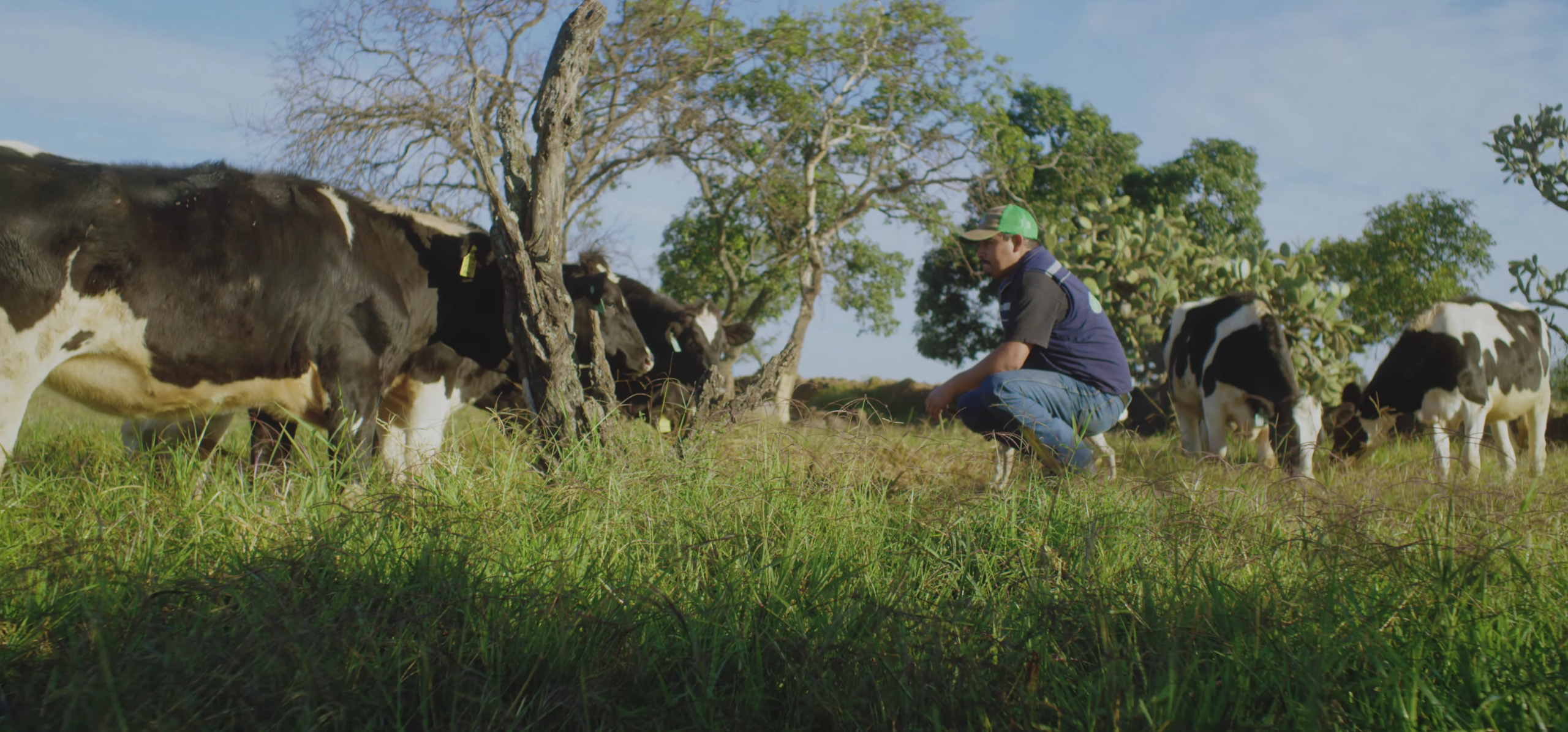
The Transformative Impact on Rural Communities
- The Margarita project has mobilized close to 150 million pesos in loans for milk producers over ten years, with an investment of 1M USD (around 20 million pesos) in the ROSCA mechanism.
- Margarita has integrated more than 900 small-scale producers into an inclusive and stable supply chain, benefitting both the producers and the end consumers.
- Project farmers nearly tripled their dairy income, on average.
- Nearly 2,000 family members benefited from improved income
The Cortés family is one of them. Joining the Margarita project and receiving support from the ROSCA fund was a game-changer. “Before joining Margarita, we didn’t have access to credit to buy food for our cows… in 2016, I bought a tractor and a mixer trailer, a dream come true.” Jaime Cortes reflects, “Another helpful investment for us was the installation of solar panels. We haven’t had to pay an electric bill in the past four years.” The family was able to get funding to improve their cattle’s feeding regimen and reduce methane emissions and also transitioned their farm to using renewable energy. “Margarita is a very good social effort for small producers like me. Similar programs would work very well in other countries, not only in Mexico,” added Jaime Cortés.
Replicable Models for Global Resilience
The Margarita ROSCA model presents a scalable blueprint to address the financing challenges faced by small-scale farmers around the world. By replicating a financing mechanism and technical assistance approach that lowers risk for lenders, organizations can bridge the funding gap and empower farmers to access affordable credit, participate in formal supply chains, and invest in regenerative practices. This coordinated approach will contribute to a more inclusive and sustainable agricultural sector.
Expanding the reach of the Margarita ROSCA model has great potential to unlock expansive financial inclusion and resilience among farmers globally. Organizations have the opportunity to create a positive change and build a more prosperous future for farming communities around the world. Find out more about the ROSCA approach and its impact on smallholder farmers through the program’s fact sheet.
Related articles and links:
Other Related Videos from the Margarita Program
Long-Term Dairy Partnership With Danone Helps Producers – and the Environment




